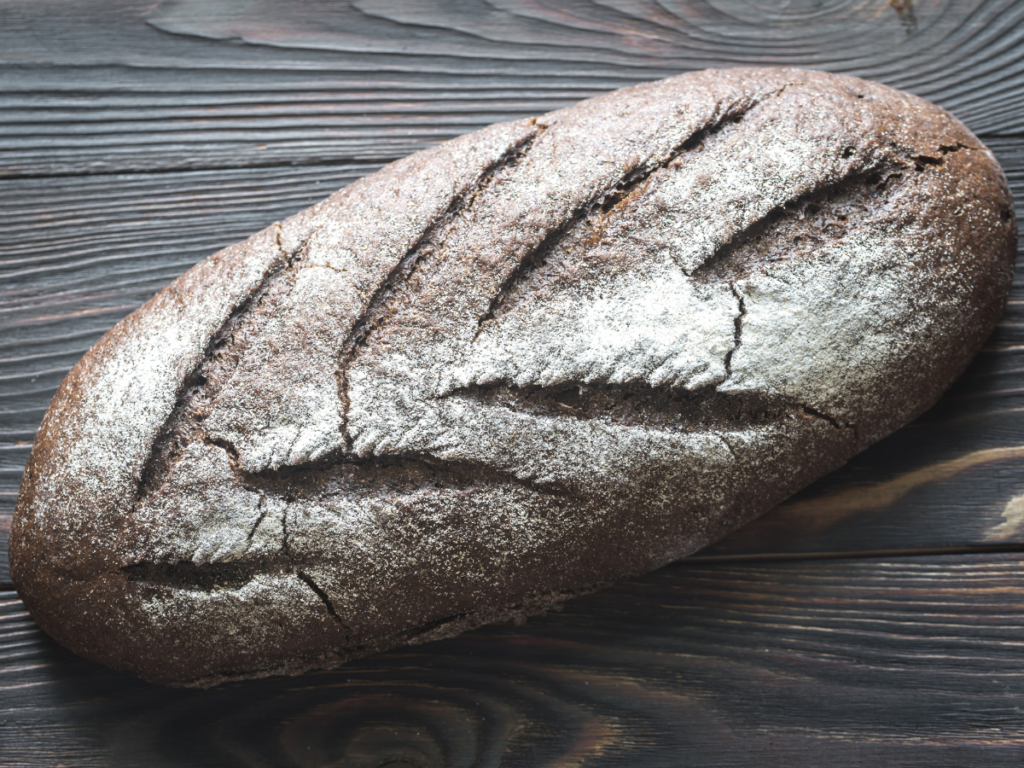
Sourdough bread, known for its distinctive tangy flavor, is a beloved choice among bread enthusiasts and home bakers alike. While the fermentation process is widely recognized for imparting a sour taste to the bread, the type of flour used plays a crucial role in defining the final flavor profile. One common question among bakers is whether rye flour makes sourdough more sour. This comprehensive article explores the various factors that influence the flavor of sourdough and the specific impact of using rye flour.
Understanding Sourdough Fermentation
The sourdough fermentation process involves a symbiotic relationship between lactic acid bacteria (LAB) and wild yeast. These microorganisms break down the sugars present in the flour, producing acids that contribute to the bread’s distinctive flavor profile. There are two main types of acids produced during fermentation:
- Lactic acid: Provides a mild, yogurt-like tang
- Acetic acid: Offers a sharper, more vinegar-like sourness
The balance between these acids can be manipulated by adjusting various aspects of the fermentation process, such as temperature, hydration levels, and the type of flour used. For more details on how rye flour affects sourdough flavor, you can refer to King Arthur Baking’s guide on making sourdough more sour.
The Characteristics of Rye Flour
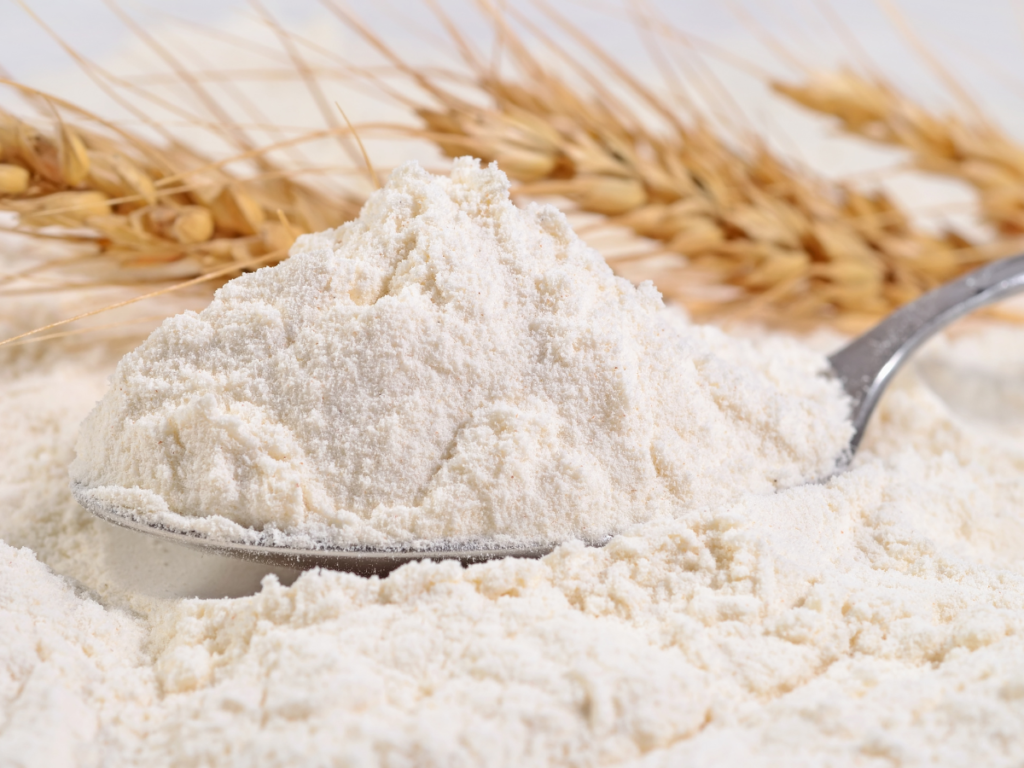
Rye flour is distinct from wheat flour in several significant ways, particularly in its nutritional composition and behavior during fermentation. Below are important distinctions to consider:
- Complex carbohydrates: Rye flour contains more complex carbohydrates than wheat flour. These carbohydrates are broken down by LABs into simpler sugars, which in turn promote the production of acetic acid.
- Nutritional profile: Rye flour is rich in fiber, vitamins, and minerals, contributing to a denser and more nutritious loaf. The high fiber content also affects the texture and structure of the bread.
- Fermentation behavior: The enzymes in rye flour accelerate the breakdown of starches, which influences the overall fermentation process and flavor development. Rye’s unique composition results in a different microbial activity compared to wheat.
For practical tips on increasing the tang in your sourdough, visit Pantry Mama’s tips on getting more tang in your sourdough.
How Rye Affects Sourdough Flavor
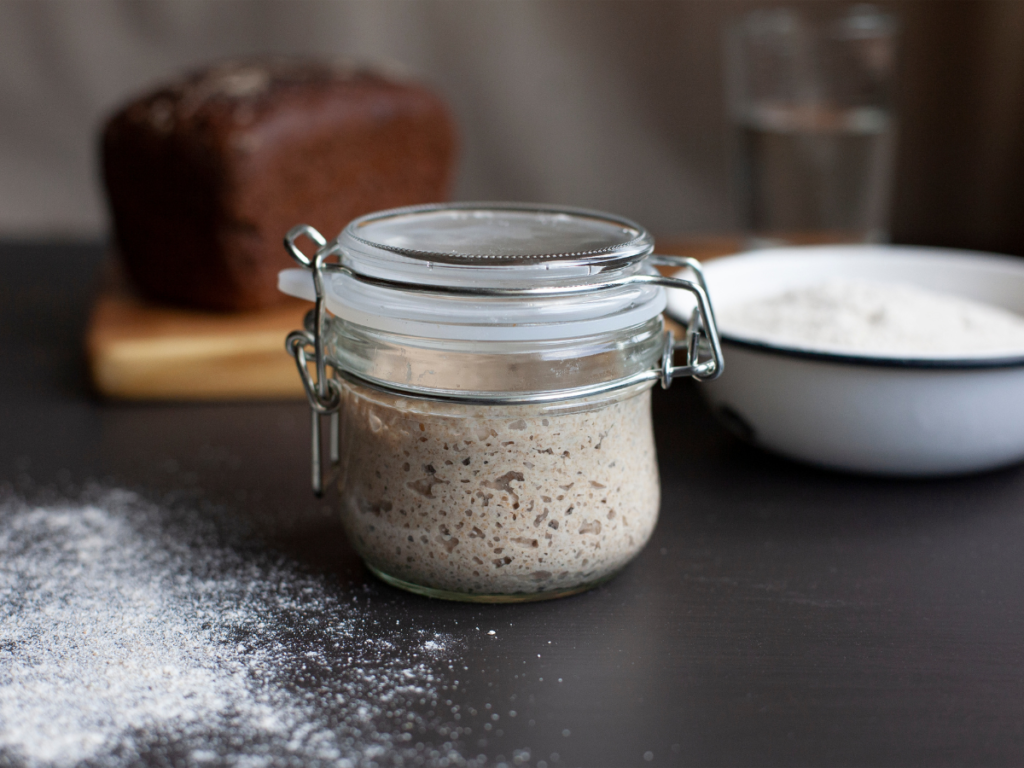
Using rye flour in sourdough baking significantly enhances the sourness of the bread due to the increased production of acetic acid. This occurs because:
- Acidic environment: Rye flour creates an environment that favors the growth of LABs which produce acetic acid. This is because the complex carbohydrates in rye are broken down into simpler sugars more effectively, providing more food for the LABs.
- Sugars availability: The breakdown of complex carbohydrates in rye flour releases more sugars, which feed the LABs and result in enhanced sourness. The increased availability of sugars leads to a higher production of acetic acid, which is more pronounced in flavor.
Influence of Fermentation Variables
Several factors influence how rye flour impacts the flavor of sourdough:
- Temperature: Warmer temperatures generally favor the production of lactic acid, resulting in a milder sourness. Conversely, cooler temperatures promote the production of acetic acid, which enhances the sourness. Therefore, controlling the temperature during fermentation can help bakers achieve the desired level of sourness.
- Hydration levels: Lower hydration doughs tend to ferment more slowly, which allows for more acetic acid production. Higher hydration levels, on the other hand, accelerate fermentation and typically result in a milder flavor.
- Feeding schedule: The frequency and type of feedings given to the sourdough starter also affect the flavor. Regularly feeding the starter with rye flour can increase the sourness due to the higher acetic acid production.
Techniques to Control Sourness in Sourdough
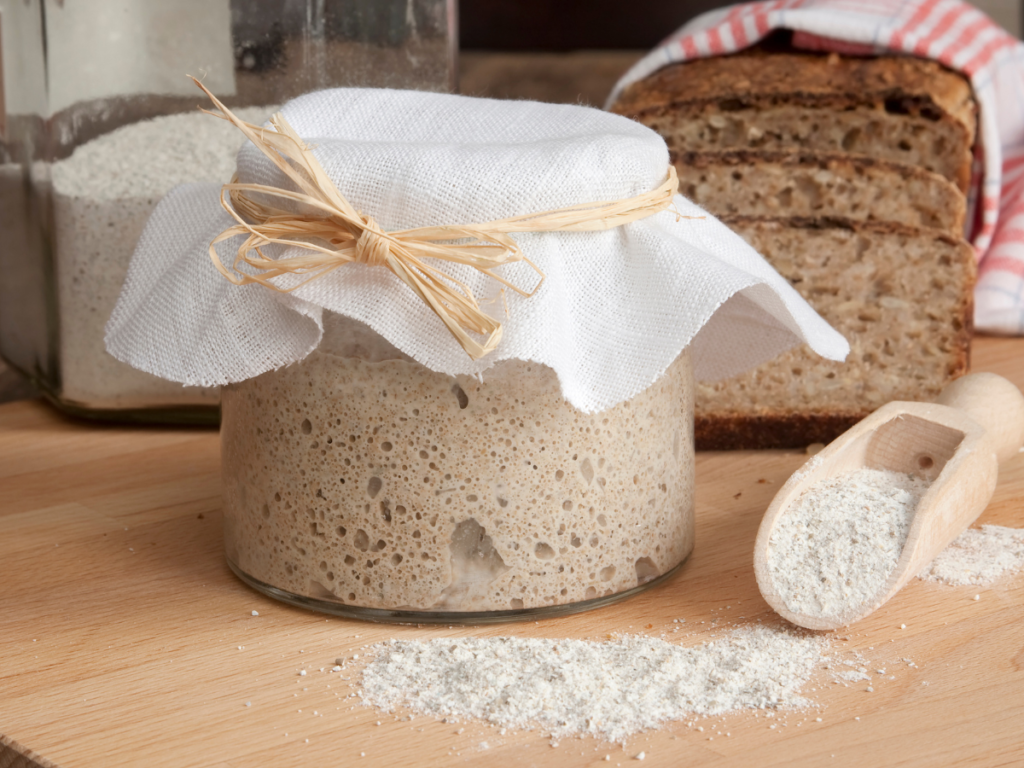
Bakers have several techniques at their disposal to control the sourness of their sourdough bread. These techniques involve adjusting fermentation variables and experimenting with different types of flour, including rye.
Specific Techniques Using Rye Flour
- Add whole grain rye flour: Incorporating whole grain rye into the dough can enhance the sour profile of the bread. The whole grains provide more complex carbohydrates for the LABs to break down, leading to increased acetic acid production.
- Adjust fermentation times: Experimenting with longer fermentation times can increase sourness. Longer fermentation allows more time for the LABs to produce acetic acid, resulting in a tangier flavor.
- Blend flours: Mixing rye flour with other types of flour, such as whole wheat or white flour, can help balance the sourness to your preference. This technique allows bakers to enjoy the benefits of rye flour without overpowering the bread with excessive sourness.
Additional Tips
- Control temperature: As mentioned earlier, temperature plays a crucial role in determining the level of sourness. Maintaining a cooler fermentation environment can enhance the sourness, while a warmer environment can produce a milder flavor.
- Adjust hydration: Lower hydration levels can slow down fermentation, allowing more time for acetic acid production. Adjusting the hydration levels can help achieve the desired sourness.
For additional guidance on gluten-free options, you might find the gluten-free sourdough bread recipe helpful.
Common Misconceptions About Rye and Sourdough
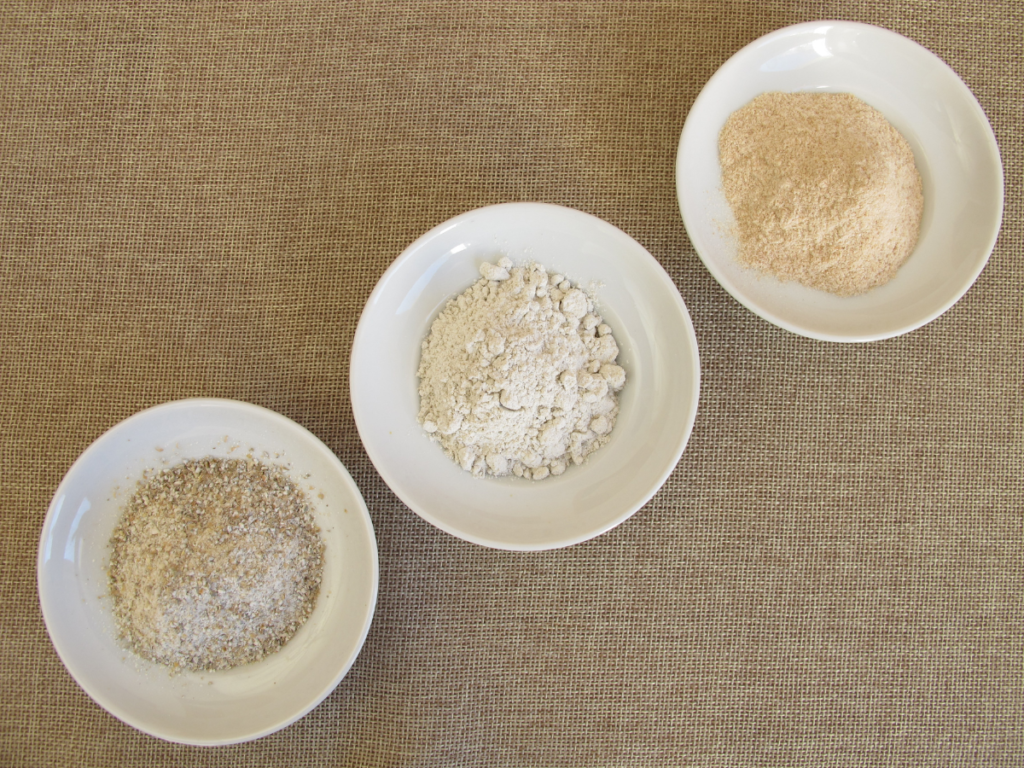
Several myths and misconceptions surround the use of rye flour in sourdough baking. Addressing these misconceptions can help bakers make informed decisions about their baking practices.
Myth vs. Fact
- Myth: Rye makes sourdough excessively sour.
Fact: The level of sourness depends on multiple factors, not just the type of flour. While rye flour does enhance sourness due to increased acetic acid production, other variables such as temperature, hydration, and feeding schedule also play significant roles. - Myth: Only rye flour impacts sourness.
Fact: Although rye flour contributes to sourness, the overall flavor profile of sourdough is influenced by a combination of factors, including fermentation conditions, the type of starter used, and the specific recipe.
Practical Tips for Using Rye in Sourdough Baking
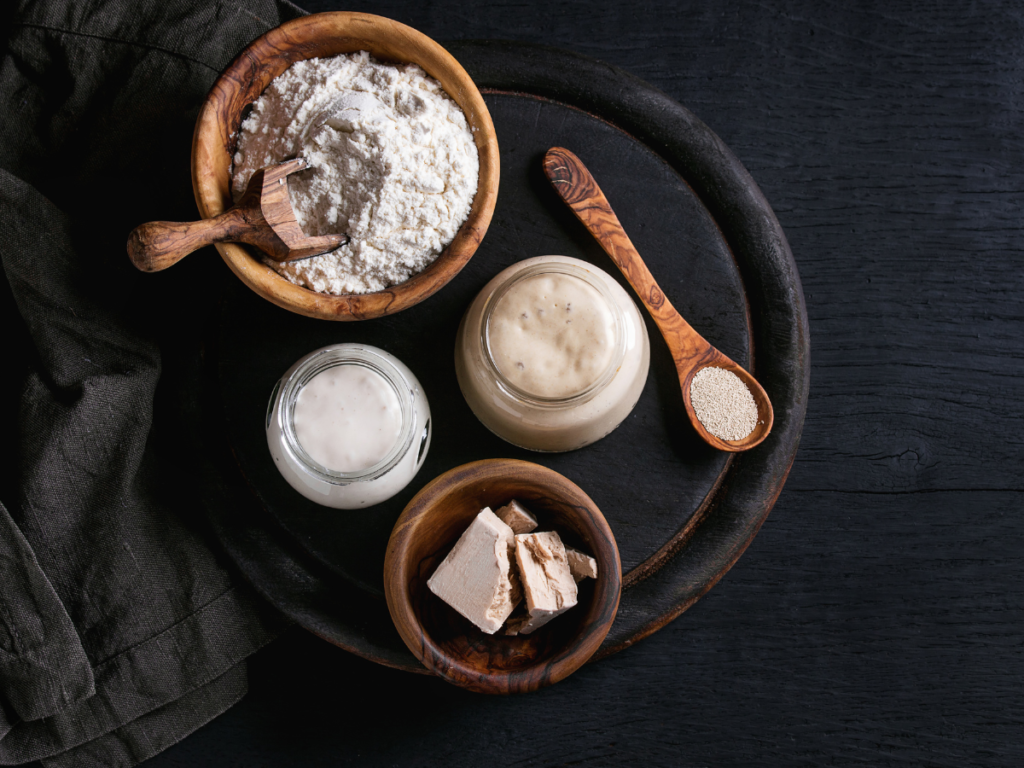
For bakers looking to use rye flour in their sourdough recipes, here are some practical tips to ensure successful baking and achieve the desired flavor profile:
Selecting the Right Rye Flour
- Light rye: Has a milder flavor and is lighter in color. It is suitable for bakers who want to introduce rye flour without drastically changing the flavor.
- Medium rye: Offers a balance between flavor and texture. It is a versatile choice for most sourdough recipes.
- Dark rye: Has a strong, robust flavor and is darker in color. It is ideal for bakers who prefer a pronounced rye flavor and a denser texture.
Adjusting Recipes
- Start with a small percentage: Begin by incorporating a small percentage of rye flour (10-20%) into your recipe. Gradually increase the amount as you become more comfortable with the flavor and texture changes.
- Balance with other flours: Mixing rye flour with whole wheat or white flour can help balance the flavor and achieve a more consistent texture.
- Monitor fermentation times: Rye flour can ferment faster than wheat flour, so it may be necessary to adjust fermentation times to prevent over-fermentation.
Managing Sourness
- Track fermentation conditions: Keep a record of fermentation times, temperatures, and hydration levels to understand how these variables affect the sourness of your bread.
- Experiment with feedings: Try feeding your sourdough starter with different ratios of rye and wheat flour to find the perfect balance for your taste preferences.
- Taste testing: Regularly taste your dough during the fermentation process to gauge the level of sourness and make adjustments as needed.
Case Studies: Comparing Different Sourdough Recipes
To better understand the impact of rye flour on sourdough flavor, we analyzed several popular sourdough recipes with varying rye content. Here are the results:
Recipe Comparisons
- Recipe 1: 20% rye, mild sourness
This recipe produced a loaf with a subtle tang, suitable for those who prefer a milder flavor. The texture was light and airy, with a slightly nutty undertone from the rye. - Recipe 2: 50% rye, moderate sourness
This recipe resulted in a loaf with a more pronounced sourness. The texture was denser, and the rye flavor was more noticeable. This balance is ideal for bakers looking for a more traditional rye sourdough. - Recipe 3: 100% rye, high sourness
This recipe produced a very sour loaf with a dense, hearty texture. The strong rye flavor was complemented by the sharp tang of acetic acid. This recipe is perfect for those who love a robust, tangy bread.
Recommendations
Based on these findings, we recommend starting with a 20-30% rye content for a balanced sourdough. This percentage provides a good balance between flavor and texture, making it suitable for most bakers. As you become more experienced, you can adjust the rye content to suit your personal preferences.
Conclusion
Rye flour can significantly influence the sourness of sourdough bread, primarily due to its impact on acetic acid production. By understanding the role of rye in sourdough fermentation and applying various techniques, bakers can control the level of sourness to suit their taste preferences. Experimenting with rye flour can lead to deliciously tangy sourdough that stands out in flavor and texture. For more insights on the benefits of sourdough, check out why sourdough bread is good for your gut.
By incorporating these tips and techniques, you can master the art of baking with rye flour and create sourdough bread that meets your desired flavor and texture. Happy baking!
FAQ’s
- Does rye make sourdough more sour?
Yes, rye flour tends to increase the sourness of sourdough due to higher acetic acid production. The complex carbohydrates in rye provide more food for the LABs, resulting in a tang
ier flavor.
- What methods can I use to decrease the sourness of my rye sourdough?
Use a higher proportion of wheat flour and adjust fermentation conditions to favor lactic acid production. Warmer temperatures and shorter fermentation times can also help reduce sourness. - Can I use a mix of rye and other flours?
Yes, blending rye with other flours can help balance the flavor. Mixing rye with whole wheat or white flour can create a more nuanced flavor profile and improve the texture of the bread. - What is the best rye-to-wheat ratio for balanced sourdough?
A ratio of 20-30% rye to 70-80% wheat is a good starting point for balanced sourdough. This ratio provides a pleasant tang without overpowering the bread with excessive sourness. - How does the fermentation process differ with rye flour?
Rye flour ferments faster and tends to produce more acetic acid, resulting in a tangier flavor. The unique enzymes in rye also affect the texture and structure of the bread, making it denser and more nutritious.
